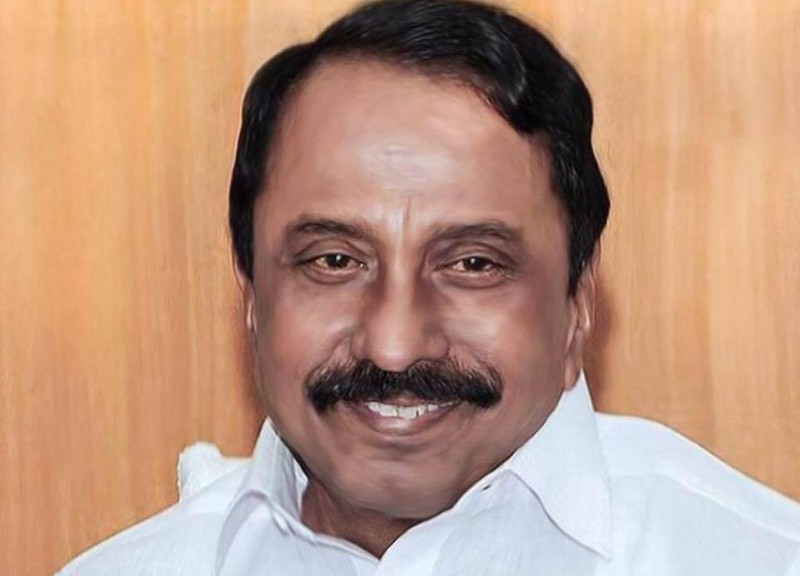What Everyone Ought To Know About India's Digital Success Story

India has made impressive strides in utilizing digital platforms and systems to improve governance and effectively handle emergencies, as highlighted in the 2024 Regional Human Development Report for Asia and the Pacific. The report showcases India's strong digital public infrastructure, sometimes referred to as India Stack, which played a crucial role in facilitating direct benefit transfers and enhancing accessibility to necessities like healthcare, education, and public-sector payments.
Progress Made in India
The report highlights the integration of new technologies in agricultural production, such as solar-assisted irrigation and precision farming techniques, which have optimised the use of inputs like water and fertilizers, resulting in higher yields and reduced environmental impacts. Apart from this, India's digital infrastructure, which includes the COVID-19 Vaccine Intelligence Network (CoWIN) and the Unified Payment Interface (UPI), has been crucial in facilitating efficient vaccine distribution and reducing financial inequalities. India has made significant progress in a number of sectors, but agriculture and digital innovation in particular.
Areas of Concern for India
Despite India's remarkable achievements in the digital domain, there exist multiple apprehensions that want attention. The report highlights the urgent need for diversification approaches to promote connections between the export industry and the domestic economy. It issues a warning against the formation of economic enclaves, in which certain sectors remain enmeshed in low-productivity activity while the export sector grows extremely productive. India should fund training and education initiatives, encourage local value addition, and encourage the expansion of supporting sectors near export centers in order to reduce this risk.
The report also emphasises the need for ethical business practices. Industries focused on exports, like mining and textiles, have historically been vulnerable to worker exploitation and child labour. India should create strong legal and regulatory frameworks that give labour rights, environmental due diligence, and human rights first priority in order to address these problems. Along with promoting fair economic distribution, the nation should vigorously combat human rights abuses, interact with civil society and labour unions.
Recommendations
The report makes a number of suggestions to accelerate India's growth. First of all, it highlights how crucial it is to develop the capacity for course corrections through deliberate changes to governance. This involves promoting the appropriate institutional and political decisions, building political will via peer-to-peer communication and strategic accompaniment, and developing the cooperative ability to establish new alliances, coalitions, and partnerships.
Second, the report recommends concentrating on sustainable agricultural methods in order to lower greenhouse gas emissions, improve the resilience of farming systems, and save water resources. To achieve these objectives, it can be helpful to promote integrated pest control, no-till farming, organic farming, and the use of biofertilizers and green fertilizers.
For the purpose of guaranteeing food security, the report also highlights the necessity of robust food supply chains. It is possible to lower post-harvest losses, increase food safety, and boost the effectiveness of food supply chains by investing in infrastructure for processing, storage, and transportation. Encouraging small-scale farmers, particularly those in remote locations, to access markets can also help cut down on waste and guarantee fair pricing for their produce.
The report concludes by highlighting how critical it is to protect people's incomes and provide social protection. It lists the Mahatma Gandhi National Rural Employment Act and the Maharashtra Employment Guarantee Scheme as effective instruments for guaranteeing livelihood security and supplying guaranteed employment. To better preserve people's incomes, the report suggests growing these programs and putting urban employment schemes into action.
Conclusion
The 2024 Regional Human Development Report for Asia and the Pacific, highlights the nation's outstanding achievement in utilizing digital systems and platforms for emergency response and governance. This is an example of India's digital success story. Notwithstanding its tremendous progress, India still faces challenges in areas like sustainable agriculture, corporate responsibility, and diversification strategies. The report offers insightful suggestions for future work, highlighting the significance of strategic modifications to governance, robust food supply chains, and preserving people's incomes through social safety programs. Through the implementation of these proposals, India may persist in its pursuit of sustainable and equitable growth.




